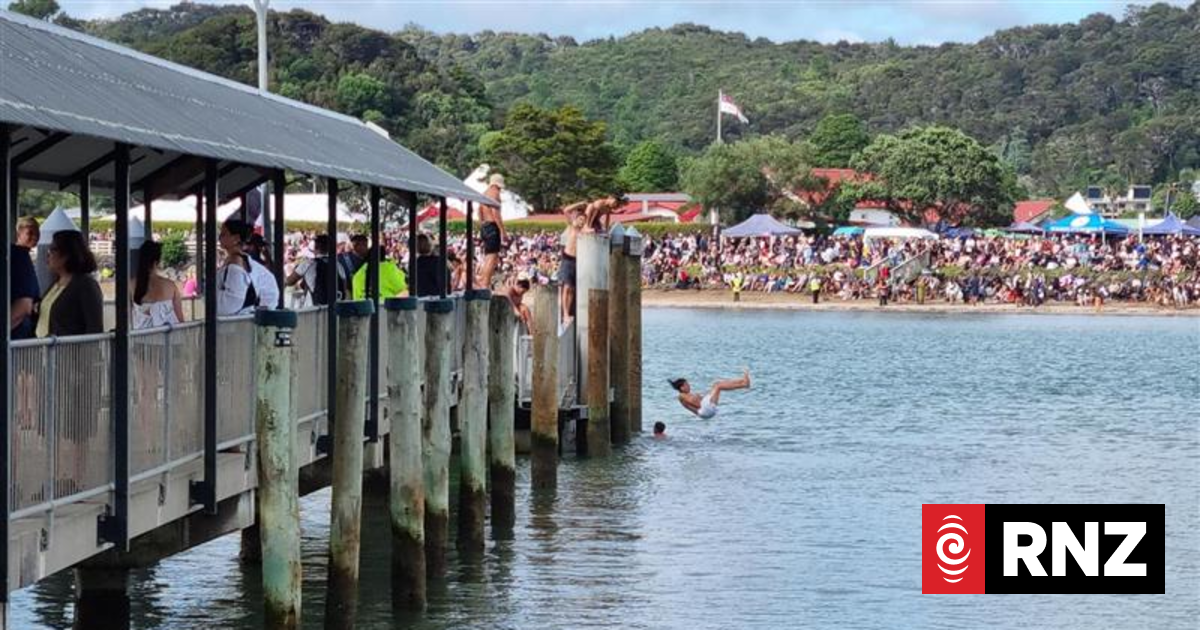Supplied
The Isuzu was bought off of TradeMe for $29,000, but found to have severe faults. Ffile photo)
A Whangārei car dealership got into hot water after painting over the severe rust on a car in the hopes of avoiding detection – and then issuing a trespass notice to the customer who bought it.
In a decision from the Motor Vehicle Disputes Tribunal, Value Cars Whangārei (VCW) was found to have sold an Isuzu D-Max of unacceptable quality to Abraham Hone Malpaz-Caisley.
The car was found to have excessive corrosion issues, the likes of which the tribunal said they had rarely seen from a trader, as well as 14 other faults.
Malpaz-Caisley was initially interested in another Isuzu D-Max, but it was sold before he could buy it – so he asked the dealership if it could find him another.
After Malpaz-Caisley sent a link of someone selling a car of the same make and model on TradeMe to VCW Director Michael Bell, the dealership said it would facilitate the sale between the two parties.
A number of texts were exchanged before Bell bought the car in a TradeMe auction for $29,000.
The previous owner went to get a warrant of fitness (WOF) before handing the car over to the dealership, but the car failed – with Bell telling Malpaz-Caisley it was due to seat belts and ball joints, that VCW would get fixed.
Malpaz-Caisley needed the car for a few days, so picked it up for the first time on January 20 and was “shocked” by rust on the engine bay and underneath the vehicle – as this was the first time he knew about the problem.
JOHN KIRK-ANDERSON/STUFF
Each year more than 4 million warrant of fitness inspections are carried out by 8000 inspectors. VINZ Christchurch site manager Billy Green explains a WOF check. (File video first published in 2019)
Bell told Malpaz-Caisley VCW was sorting the rust problem, but instead painted over much of the rusty-looking parts.
The tribunal notes that it finds it hard to accept that this was not a “deliberate attempt to avoid the extent of the rust being immediately detected”.
Malpaz-Caisley began to ask questions about the repairs and became concerned with the state of the vehicle, after which Bell insisted that the vehicle was picked up.
When Malpaz-Caisley did, he was issued with a trespass notice.
The tribunal’s assessor found that the vehicle had 14 issues, 11 of which would result in a WoF failure.
VCW argues that it did not sell the car, but facilitated the trade and is therefore not responsible for the vehicle.
The tribunal found that VCW did sell the car for a number of reasons: taking a cut ($500), negotiating a price for the car which was different to what Malpaz-Caisley paid and that VCW came to a separate, written agreement with Malpaz-Caisley.
The tribunal ordered that Malpaz-Caisley’s application to reject the vehicle was allowed, that VCW had to pay $2543 to Malpaz-Caisley and that Malpaz-Caisley’s loan agreements for the car were transferred to VCW.



